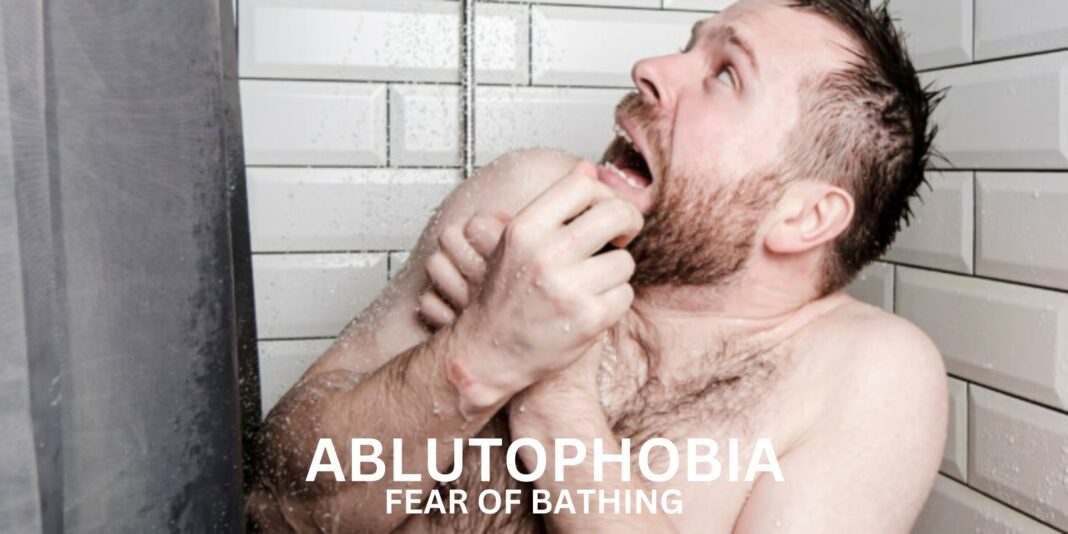Ablutophobia, though not as widely recognized as some other phobias, can significantly impact individuals who experience it. This specific phobia involves an intense fear or aversion to bathing, cleaning, or washing. Understanding its causes, symptoms, and treatment options is crucial for those affected and their loved ones.
What is Ablutophobia?
Ablutophobia falls under the category of specific phobias, characterized by an irrational fear of a particular object, situation, or activity. In this case, individuals with ablutophobia experience extreme anxiety or panic when faced with the prospect of bathing, cleaning, or washing themselves.
Causes of Ablutophobia:
The exact cause of ablutophobia can vary from person to person and may stem from a combination of genetic, environmental, and psychological factors. Traumatic experiences related to bathing or cleanliness during childhood, such as accidents or incidents of bullying, can contribute to the development of this phobia. Additionally, a history of anxiety disorders or a predisposition to phobias may increase the likelihood of experiencing ablutophobia.
Symptoms of Ablutophobia:
Individuals with ablutophobia may exhibit a range of symptoms when confronted with situations involving bathing or cleaning. These symptoms can include intense anxiety, panic attacks, avoidance behavior, sweating, trembling, rapid heartbeat, and difficulty breathing. The fear of being judged or ridiculed by others for their hygiene habits may further exacerbate these symptoms.
Diagnosis and Evaluation:
Diagnosing ablutophobia typically involves a comprehensive assessment by a mental health professional. This may include a discussion of the individual’s symptoms, medical history, and any triggering events or experiences related to bathing or cleanliness. Ablutophobia is diagnosed based on the criteria outlined in the Diagnostic and Statistical Manual of Mental Disorders (DSM-5).
Treatment Options:
Treatment for ablutophobia often involves a combination of psychotherapy, medication, and self-help strategies. Cognitive-behavioral therapy (CBT), in particular, has been shown to be effective in helping individuals gradually confront and overcome their fear through exposure therapy and relaxation techniques. Medications such as anti-anxiety drugs or antidepressants may be prescribed to alleviate symptoms associated with ablutophobia.
Conclusion:
Ablutophobia can have a profound impact on an individual’s daily life and overall well-being. Seeking support from mental health professionals and loved ones is essential for managing this phobia effectively. With the right treatment and coping strategies, individuals with ablutophobia can gradually overcome their fear and regain control over their lives. If you or someone you know is struggling with ablutophobia, don’t hesitate to reach out for help.
Source – cpd online college



